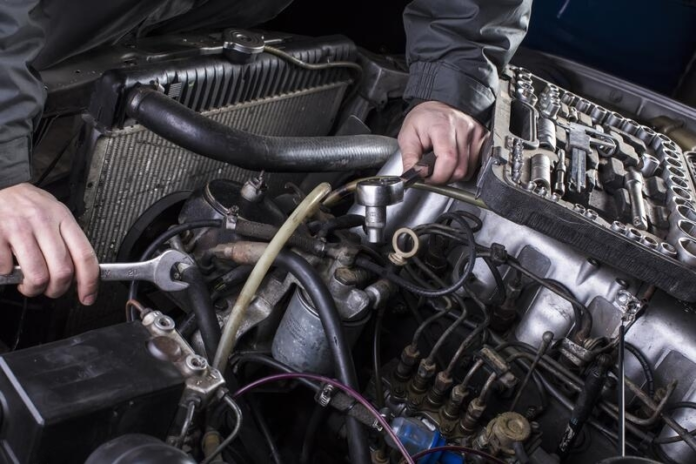The pros and cons of gasoline and diesel engines are a hot topic among fans of cars and trucks. Diesel engines used to be preferred above gasoline ones, but attitudes against them are beginning to shift. The diesel engine is reviving in the twenty-first century after being restricted to trains, semis, farm machinery, and heavy-duty pickup vehicles.
It may sound impossible, but environmental concerns are one of the driving forces behind this. Compared to gasoline engines, diesel engines burn more cleanly and effectively.
A few other benefits of a diesel engine will now be discussed. The advantages of a diesel engine are listed below as evidence of why they are the best choice. Make sure you’re making the proper decision by switching to diesel by reading on!
Few Benefits to Owning a Diesel Engine:
#1. The Reliability of Diesel Engines: A diesel engine may live longer than you imagine with the right maintenance, checks, and safety measures for your car. A diesel engine not requiring a high voltage igniting system is largely to blame.
Your car will repay you with a long-lasting engine if you remember to maintain the regular oil changes, tyre rotations, and everyday care for it. Just consider how quickly technology is developing: your diesel engine could outlast you in a few years, or your automobile will be able to fly.
#2. Gas Mileage: You might be surprised to learn that many diesel engines are more fuel-efficient than hybrids and are undoubtedly superior to gasoline engines between fill-ups. A diesel engine will typically boost fuel economy by 25 to 30 per cent.
In some circumstances, a diesel engine will also offer superior fuel efficiency than a hybrid. Your monthly fuel budget will benefit greatly from these significant cost reductions.
#3. Energy Density: The diesel engine is roughly equal in price to gasoline per gallon and occasionally even cheaper. Diesel fuel also has a high energy density, according to scientists.
As a result, it burns fuel more effectively since it contains more energy that may be put to use. Modern diesel engine technology is less environmentally damaging and contributes to greater gas mileage.
#4. More Horsepower and Torque: It is the clearest advantage, even to people with little knowledge of vehicles or trucks. To discover what kinds of cars, have diesel engines, you have to glance around; they are all reliable. Horsepower and torque are interdependent; horsepower would not be possible without torque.
The spinning force applied to the shaft that produces work is known as torque. The task is determined by the engine’s horsepower and output capacity. A diesel engine produces both in large quantities and for extended periods.
#5. Decreased Fuel Prices: Diesel engine often costs less per gallon than regular gasoline, and diesel is only more expensive in cities and states with hefty taxes. There is a smaller demand for diesel fuel and a lower cost of production.
Diesel engines may utilize biodiesel as well. That is a combination of naturally occurring, recycled oils and fats from animals that have undergone refinement and modification to stay fluid and flow easily via a fuel injection system.
#6. Lack of Ignition Checkups: Spark plugs and distributors are used in gasoline engines to ignite the fuel and kick-start the vehicle. Because of this, your engine will either not start or stall if there is a problem with the plugs or distributors. Because diesel engines are not plug-driven, you never have to worry about changing spark plugs and distributors in a diesel automobile because the engine doesn’t have any.
#7. The Safety of Diesel Fuel: Most of us have seen overly dramatic movie sequences of petrol stations exploding. When gasoline comes into touch with a strong heat source, it may be exceedingly harmful and even blow.
Additionally, diesel fuel doesn’t produce as much fumes as gasoline, so the likelihood of a car fire is substantially smaller than gasoline engines. What a way to combat the heat!
Final Words
Finally, a diesel engine increased torque is another factor in semi-trucks use of fuel. It enables the engine to react more quickly from a complete halt.
When it comes to heavy trucks and other huge, bodied vehicles like busses and load carrying trucks, pulling brakes for random halts might still fail sometimes due to the extreme pressure of load. When these vehicles travel to the hilly regions, it is when people face major troubles as they fail to gain control over its acceleration and hence, go through terrible accidents. If you use diesel engines in such scenarios, it will help you get better control over the vehicle’s acceleration.







